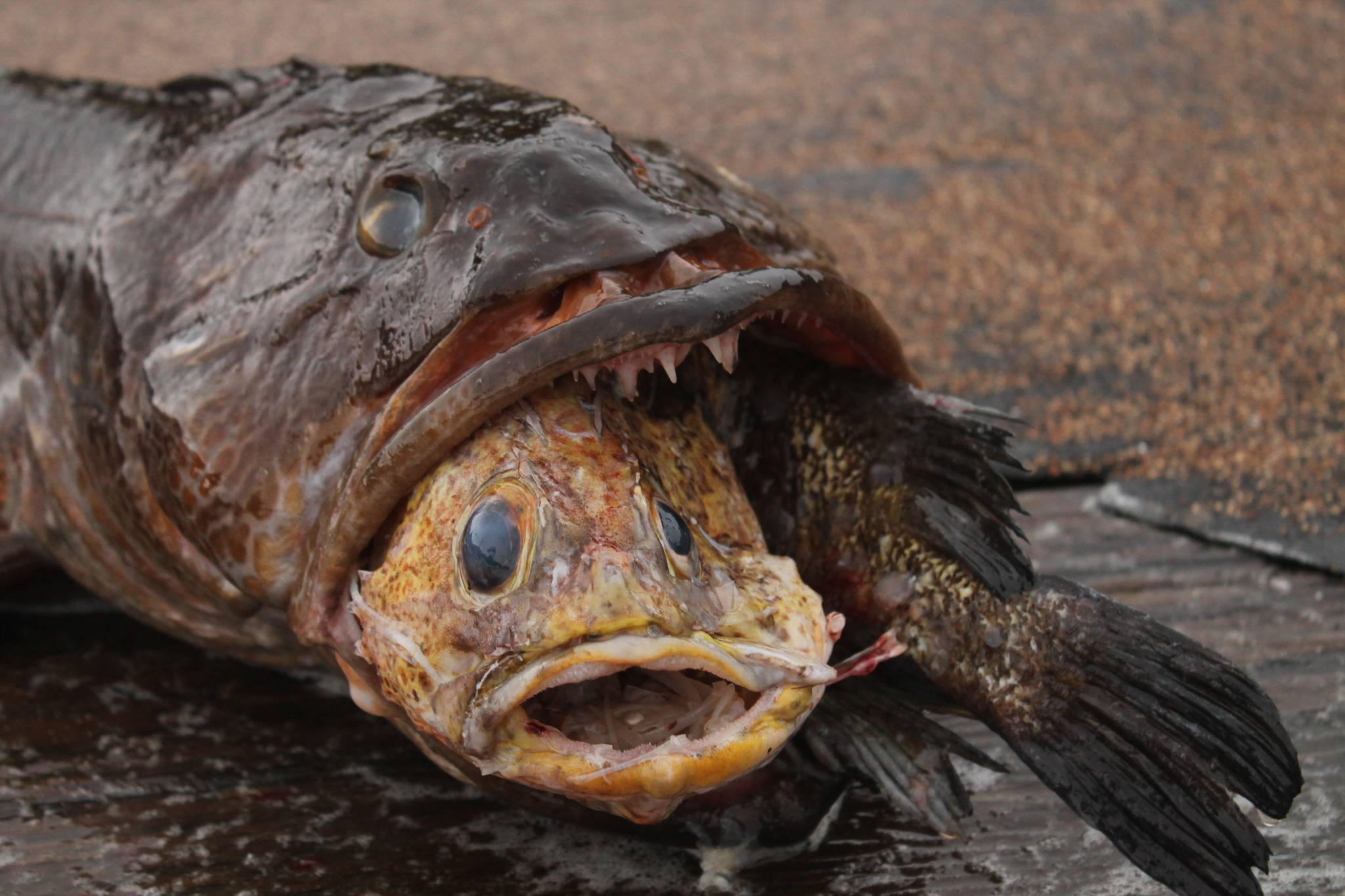I used to get a little territorial when it came to non-locals descending on Prince of Wales. Ironic, of course, because I had this attitude even after I finished college and was living in California. Though I consider Klawock home, you do forfeit something when you move away.
Even as a Ketchikan resident, it’s close, but not the same.
Paperwork can say you have dual citizenship, but that’s paperwork for a file. I think that’s why I had an issue with seasonal workers too. Some strutted and arrived with self-made fanfare, ready to conquer the great north — now that there was daylight to be seen outside of work hours, black ice was gone, snow had melted and the days of 34-degree rain had ended.
I did, however, always like the people who returned with reverence, as if thankful for what the island would provide and teach them, rather than what they were entitled to. Experts and famous people use Alaska to pad their life stats with the help of production crews. I was talking with my buddy Matt for a podcast about his creative side and why he feels the need to live a good life not just in word or in a bank account, but the type of life that makes an impact on the people of Ketchikan.
He mentioned a TV personality who came through and let everyone know how great a moment it was for them to meet him. Coincidentally, I happened to have met the same guy at the Ketchikan airport a few years ago. Totally arrogant. I didn’t ask for an autograph because I think more is said with a handshake, but he gave me one, and said you’re welcome and smiled. As if he had doled out bread to a starving peasant and couldn’t wait to tell everyone how generous he had been.
Matt said guys like comedians Joe Rogan and Bryan Callen were cool. Well-known and well-off, but they asked about Ketchikan on their way to hunt Prince of Wales. They were interested in where they were and the people who called it home. I like people like that.
It makes me want to be that type of guest. You have to admire the type of person who is willing to make things happen. When you are in a strange land, you’re not going to know anything except that at least a portion of the population is going to hate you, even though you’re a good person. The more I traveled, the more I considered this when people visited my home.
It also occurred to me that the people willing to make return trips likely have more knowledge than I do, thanks to the desperation to make the most out of their time. While I stick to what might be considered inside or local knowledge, there are plenty others who are only around for a few weeks per year, yet have accumulated more insight than I have. I’ve never claimed to be an expert, hence my Mediocre Alaskan Podcast where I take my failings that regularly appear in this space and talk it out candidly.
I think it’s largely because the more people I meet and the more I learn, the more I discover I knew much less than I thought I did. The only thing I know is that I’m willing to be terrible or make mistakes and be honest about them — as much as a fisherman or hunter can be — knowing that enduring this will eventually work itself out.
If you try to figure where exactly you stand on the expert or “local” continuum, then you’re worrying about the wrong things. And if you’re spending your time trying to look like a local, or complaining about those who aren’t, again, you’re worrying about the wrong things.
• Jeff Lund teaches and writes out of Ketchikan.

